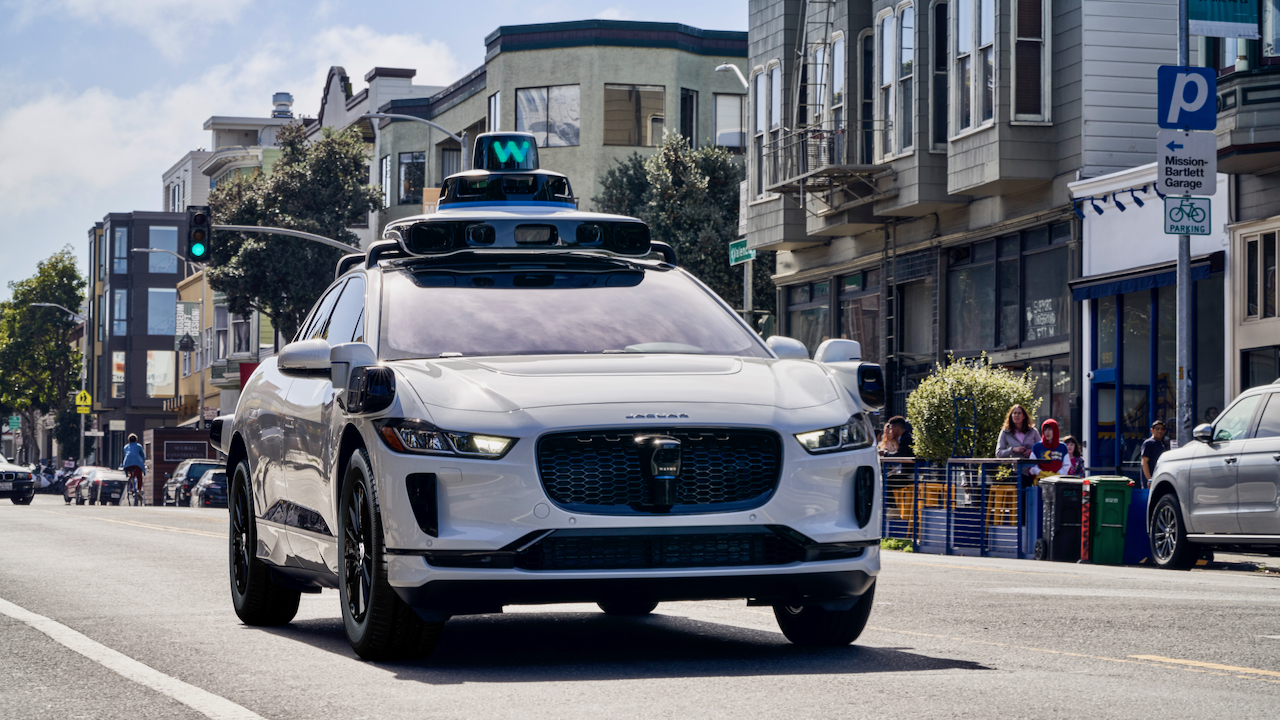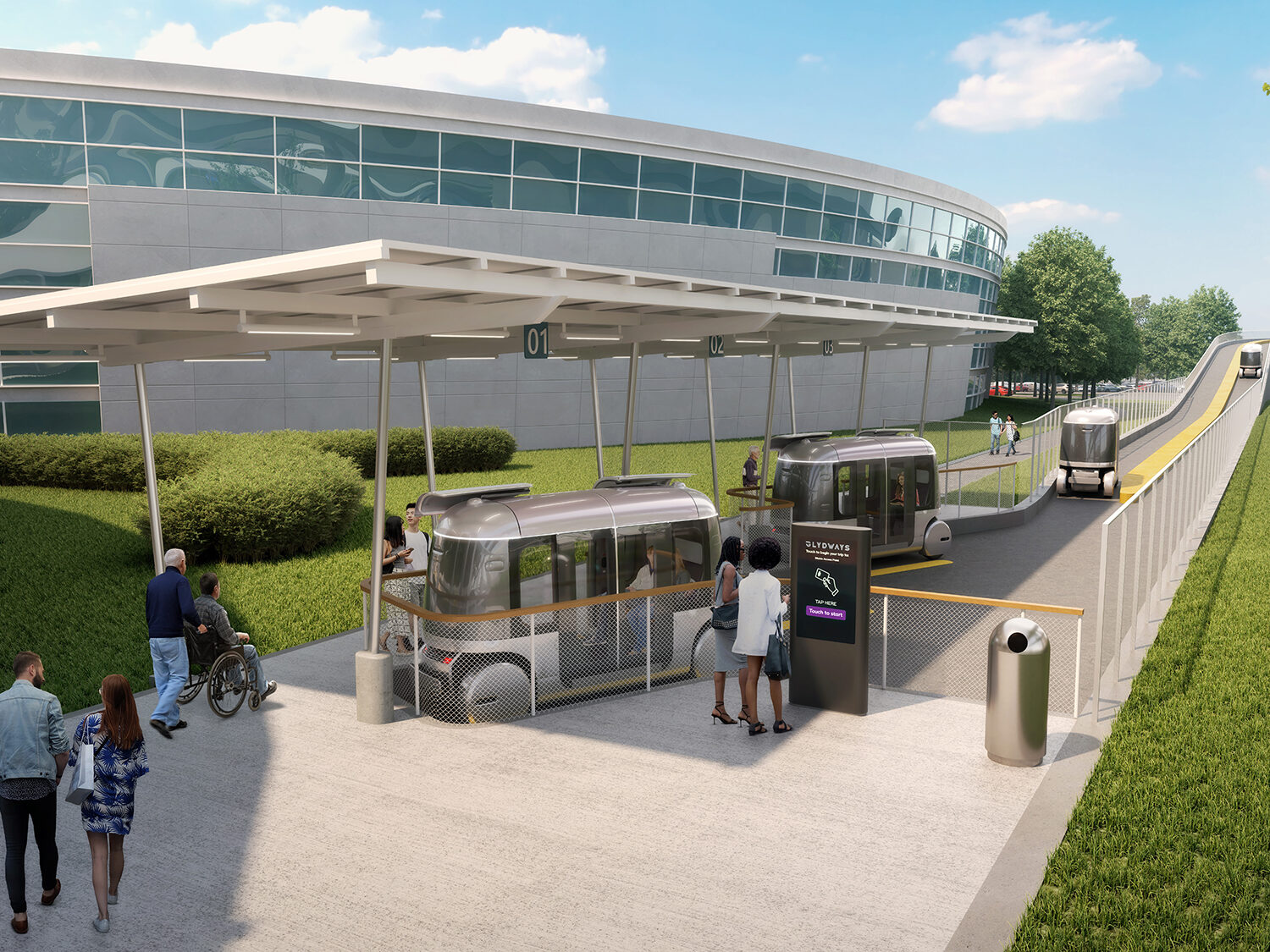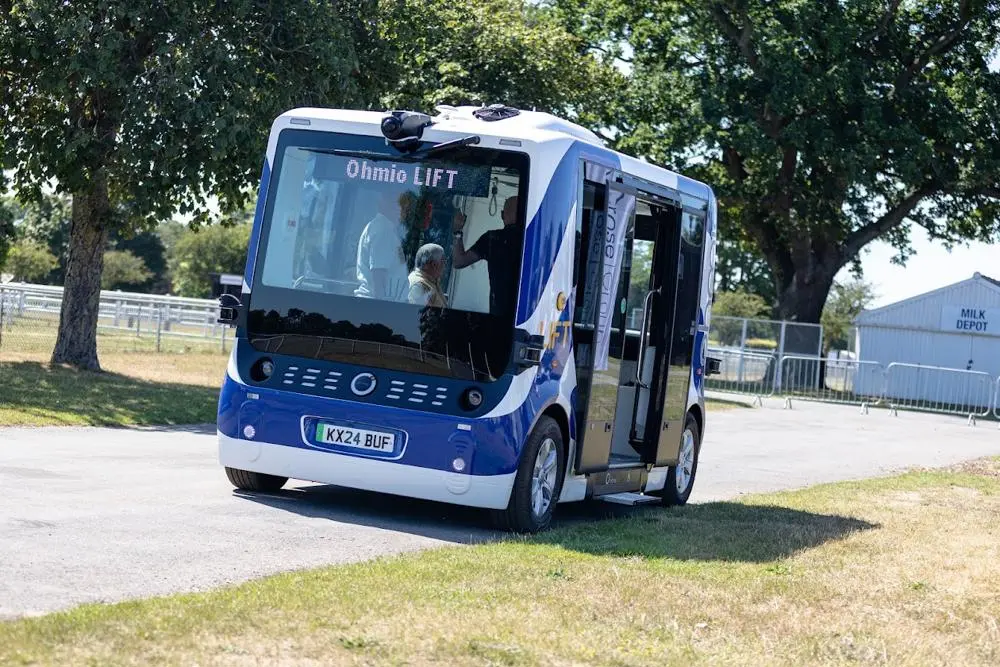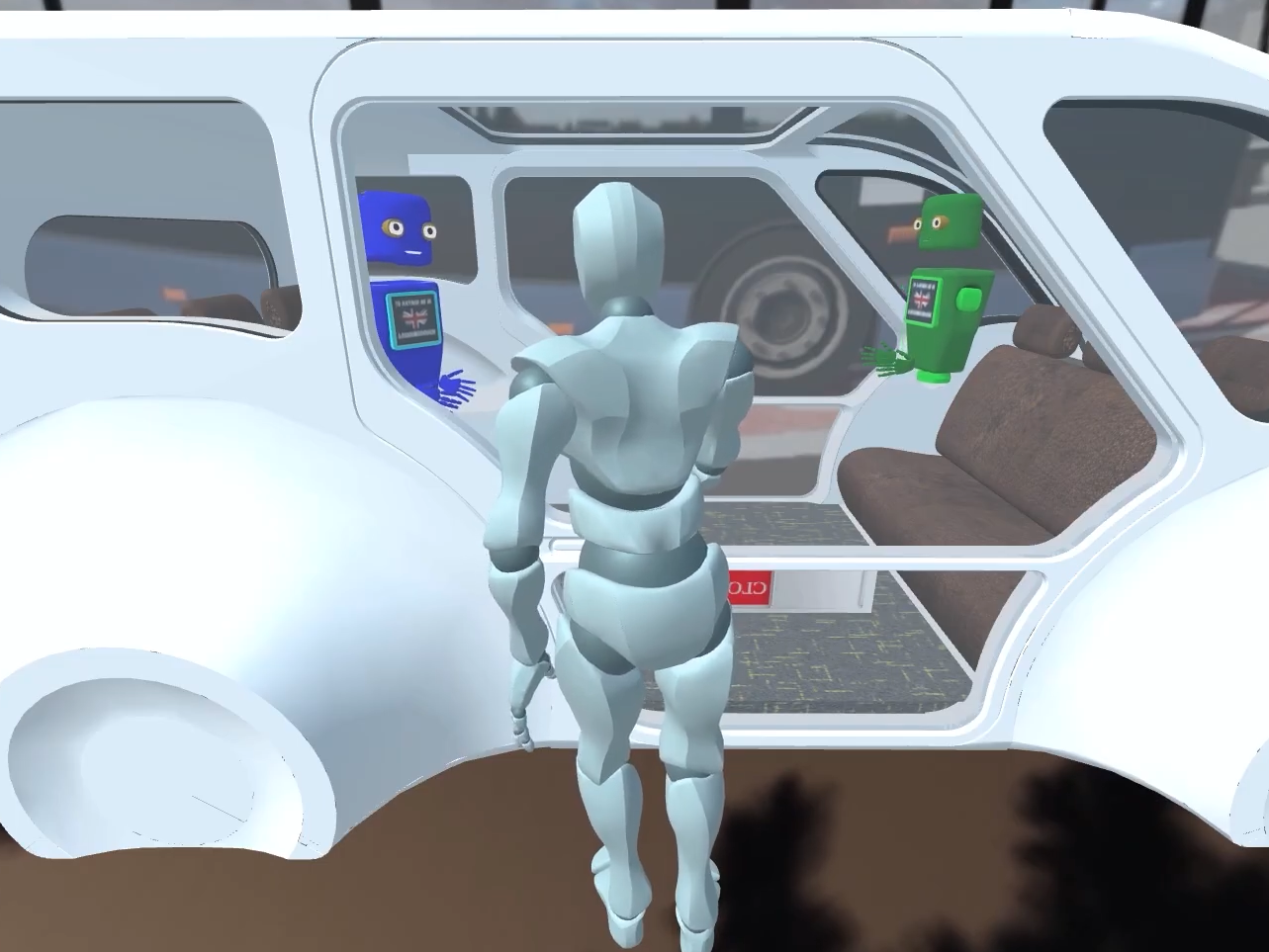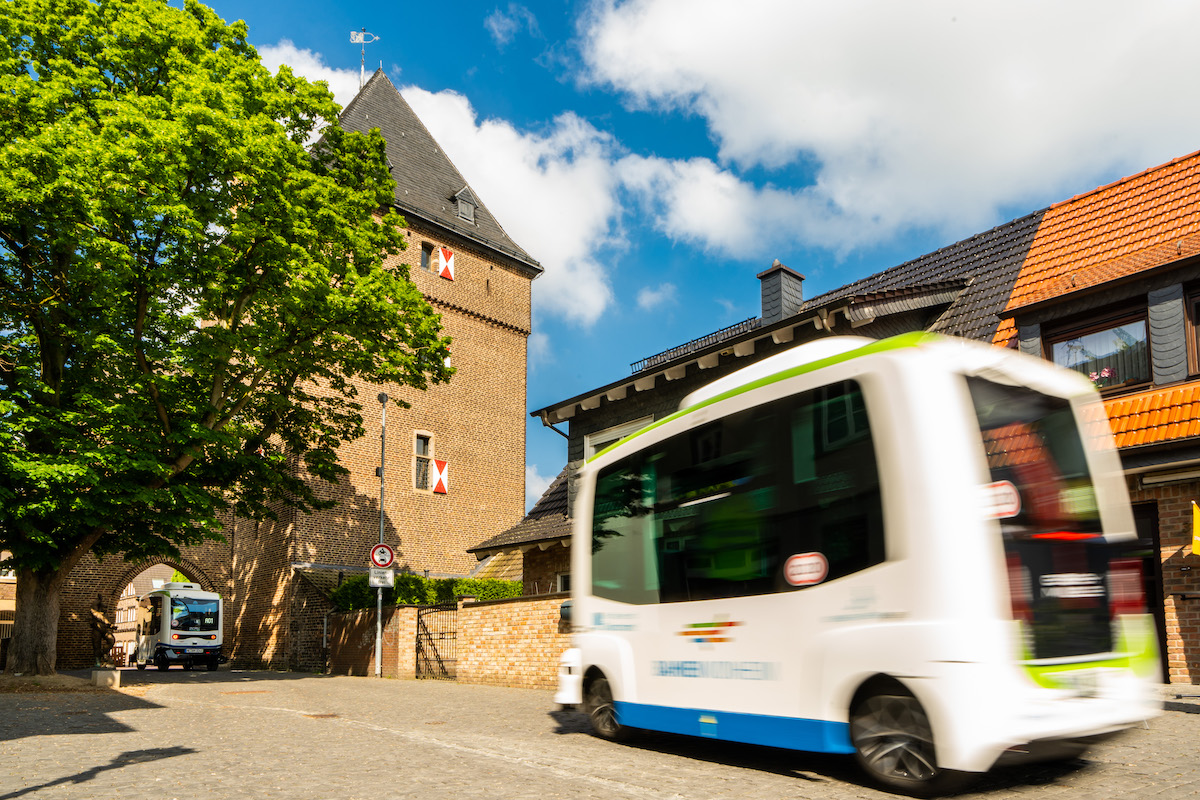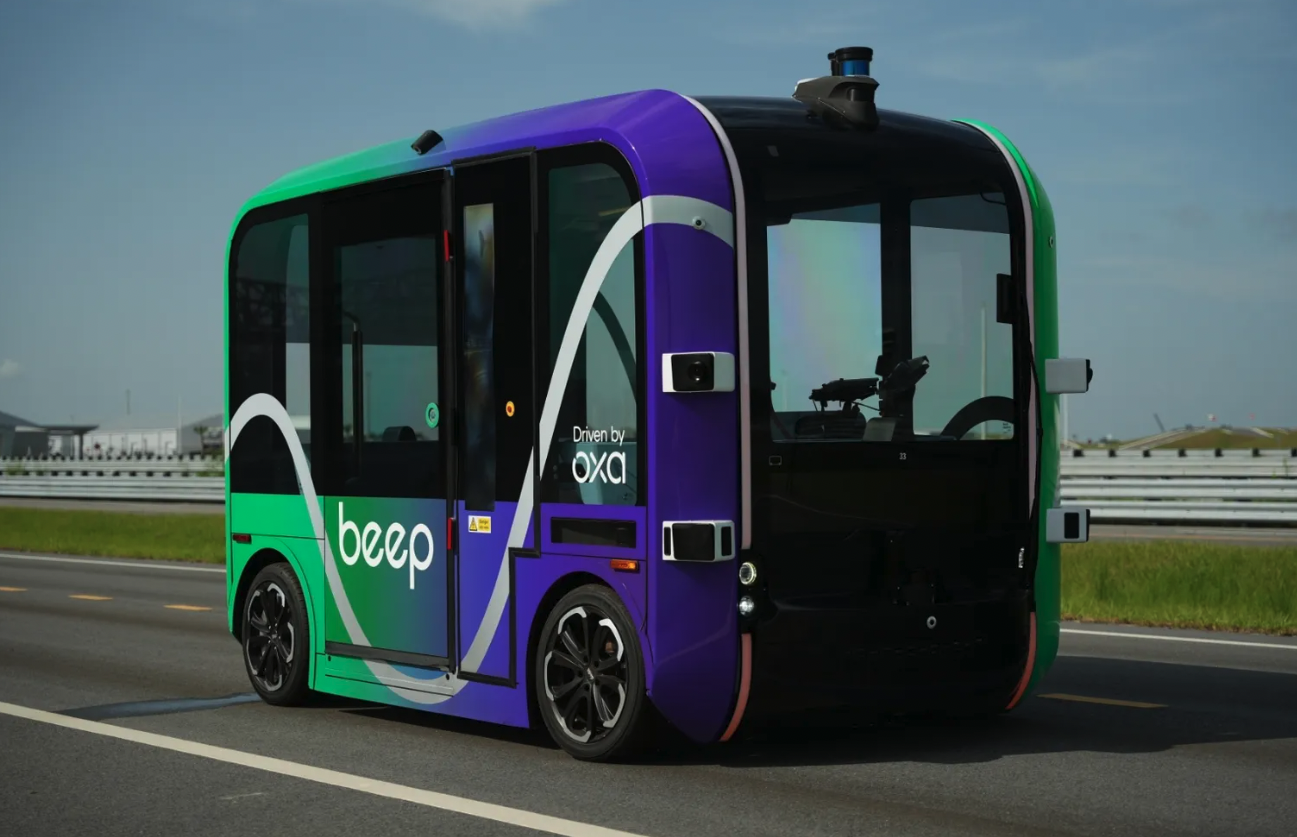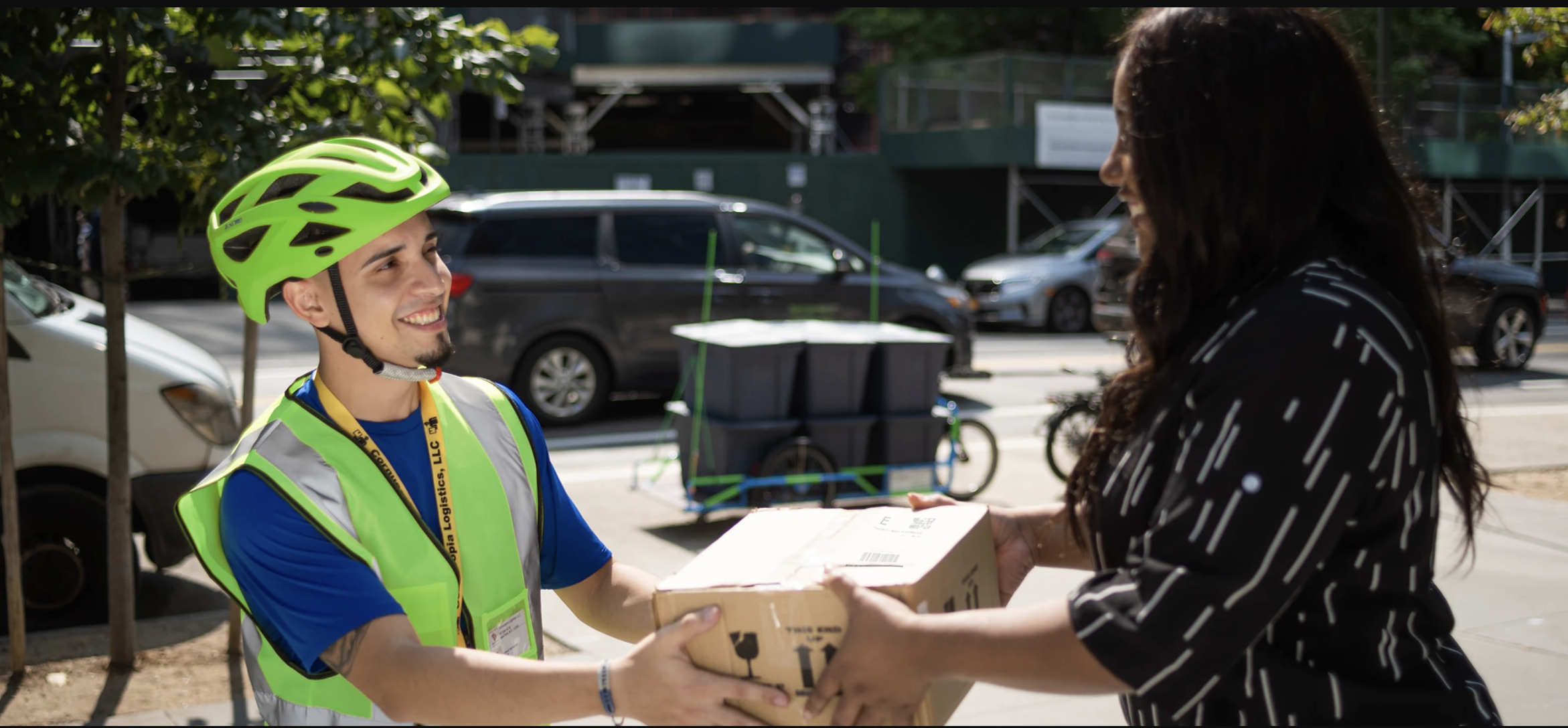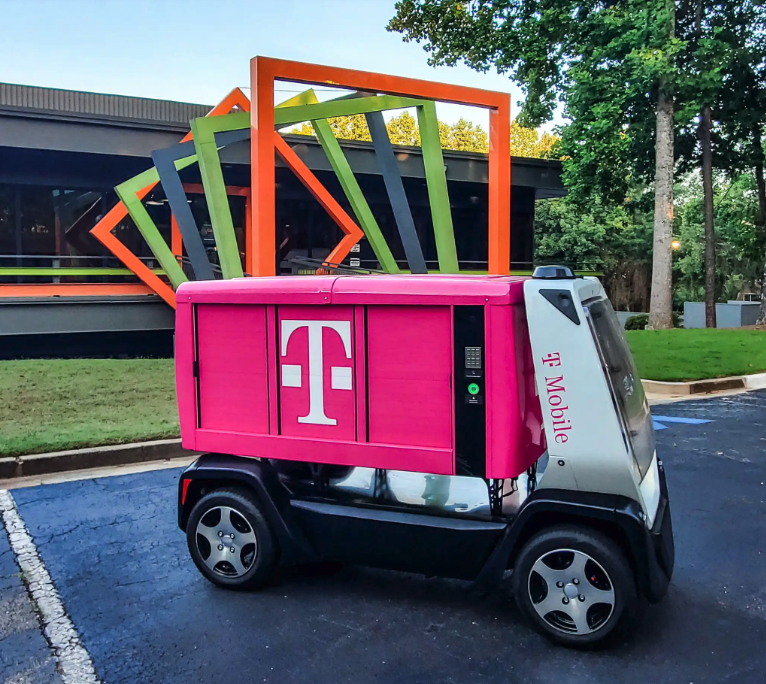Waymo has partnered with insurance company, Swiss Re to publish research on the safety benefits of Waymo’s autonomous vehicles compared to human drivers.
The new research, led by Swiss Re, determines that Waymo’s autonomous vehicles are significantly safer than those driven by humans.
Indeed, while driving over 3.8 million miles across San Francisco and Phoenix without a human behind the steering wheel, Waymo’s autonomous operations resulted in zero bodily injury claims and a reduced frequency of property damage claims.
When exploring whether autonomous vehicles are safer than human drivers, the industry has often faced challenges in developing a well-calibrated human performance benchmark. This study therefore overcomes this challenge by establishing a comparison baseline based on liability insurance claims data.
It compares Waymo’s liability claims with over 600,000 Swiss Rae claims. This comparison reveals that the Waymo Driver reduced the frequency of property damage claims by 76% from 3.26 to 0.78 claims per million miles. Furthermore, it completely eliminated bodily injury claims, compared to the Swiss Re human driver’s baseline of 1.11 claims per million miles.
Mauricio Peña, Chief Safety Officer at Waymo said:The Waymo Driver is already improving road safety in cities where we operate — a conclusion we’ve come to by analyzing our Driver’s safety performance and through peer-reviewed research. This cutting-edge study provides robust evidence that our Driver is in fact reducing injuries on the streets of San Francisco and Phoenix today.
This is the first time that liability claims data has been used to compare the safety performance of autonomous and human drivers.
The full report presenting Swiss Re’s research with Waymo can be found here.
Luigi Di Lillo, Head Products & Partnerships, P&C Solutions at Swiss Re said:This first-of-its-kind research helps illuminate not only the dynamics that govern autonomous vehicle safety, but how the re/insurance industry can provide the level of security and support that will spur widespread adoption of this new technology. For a long time, there has been a need for a comparison of autonomous vehicle providers and human driven vehicles, and we are now able to provide this.

